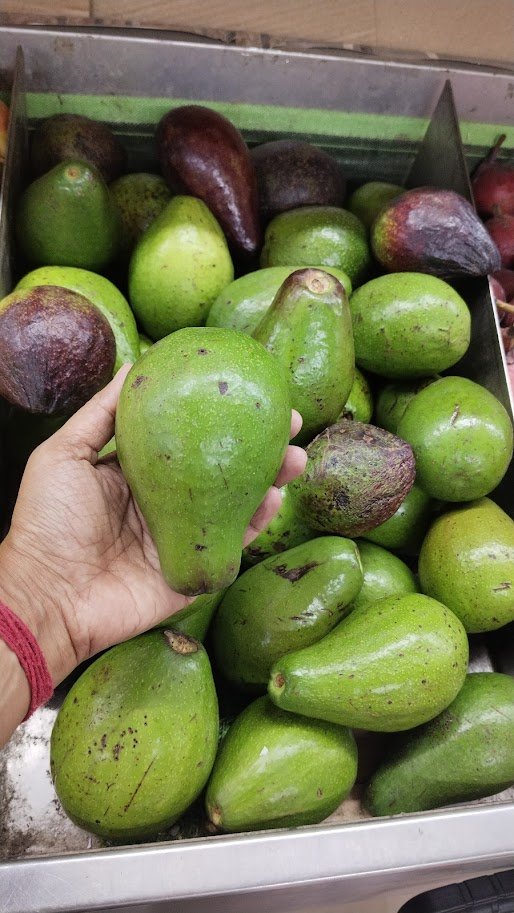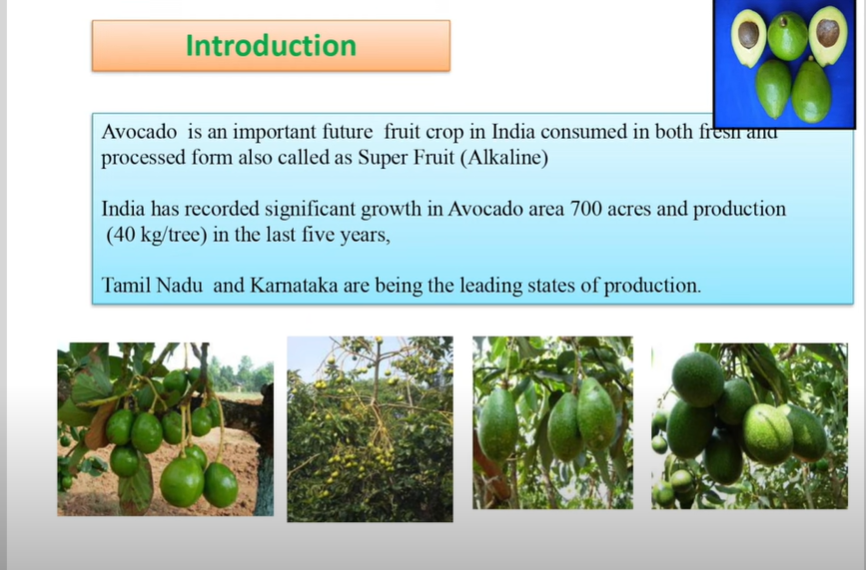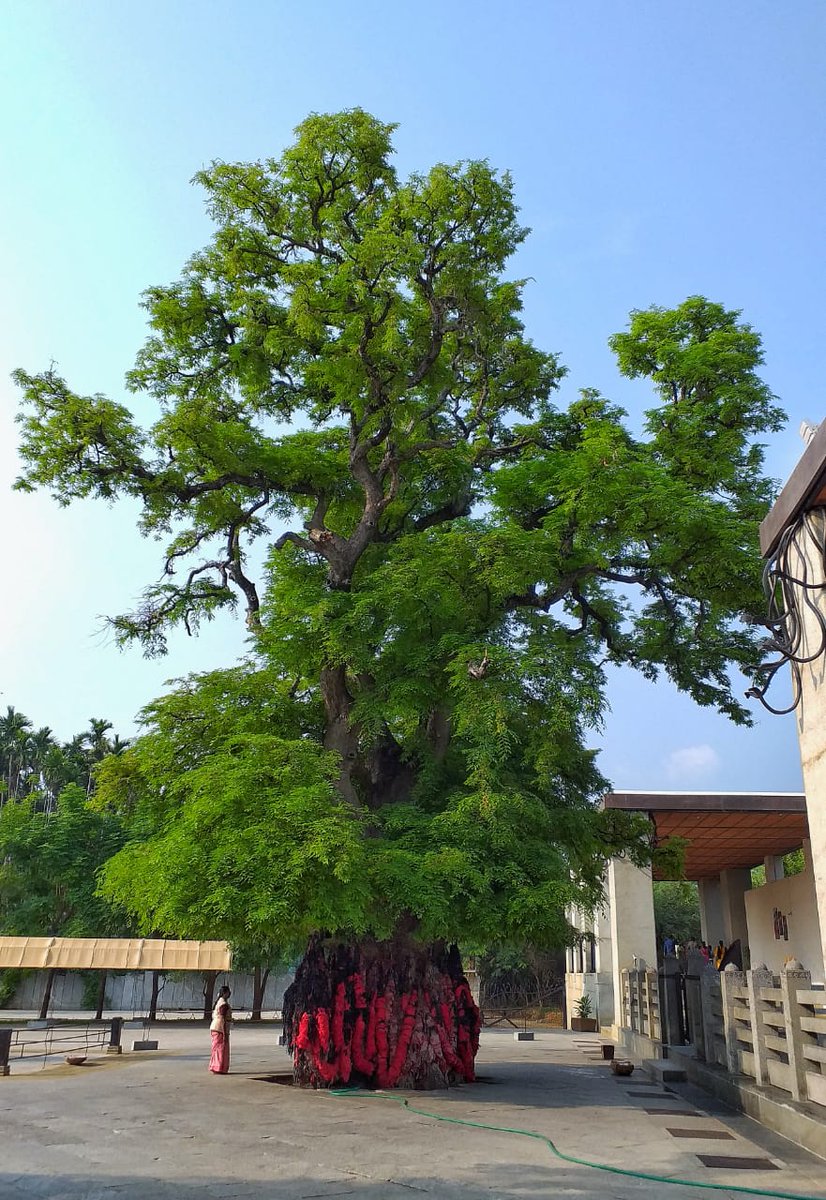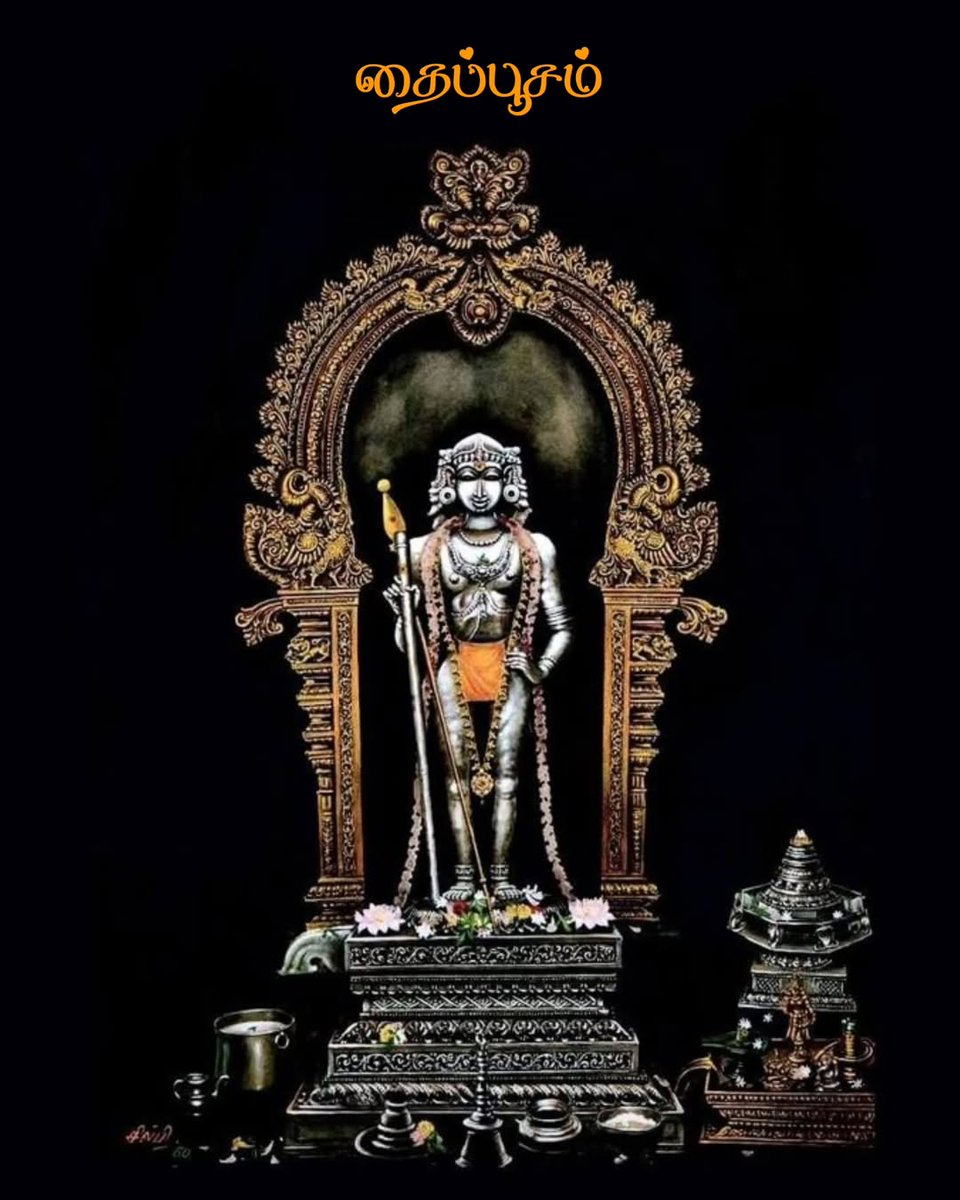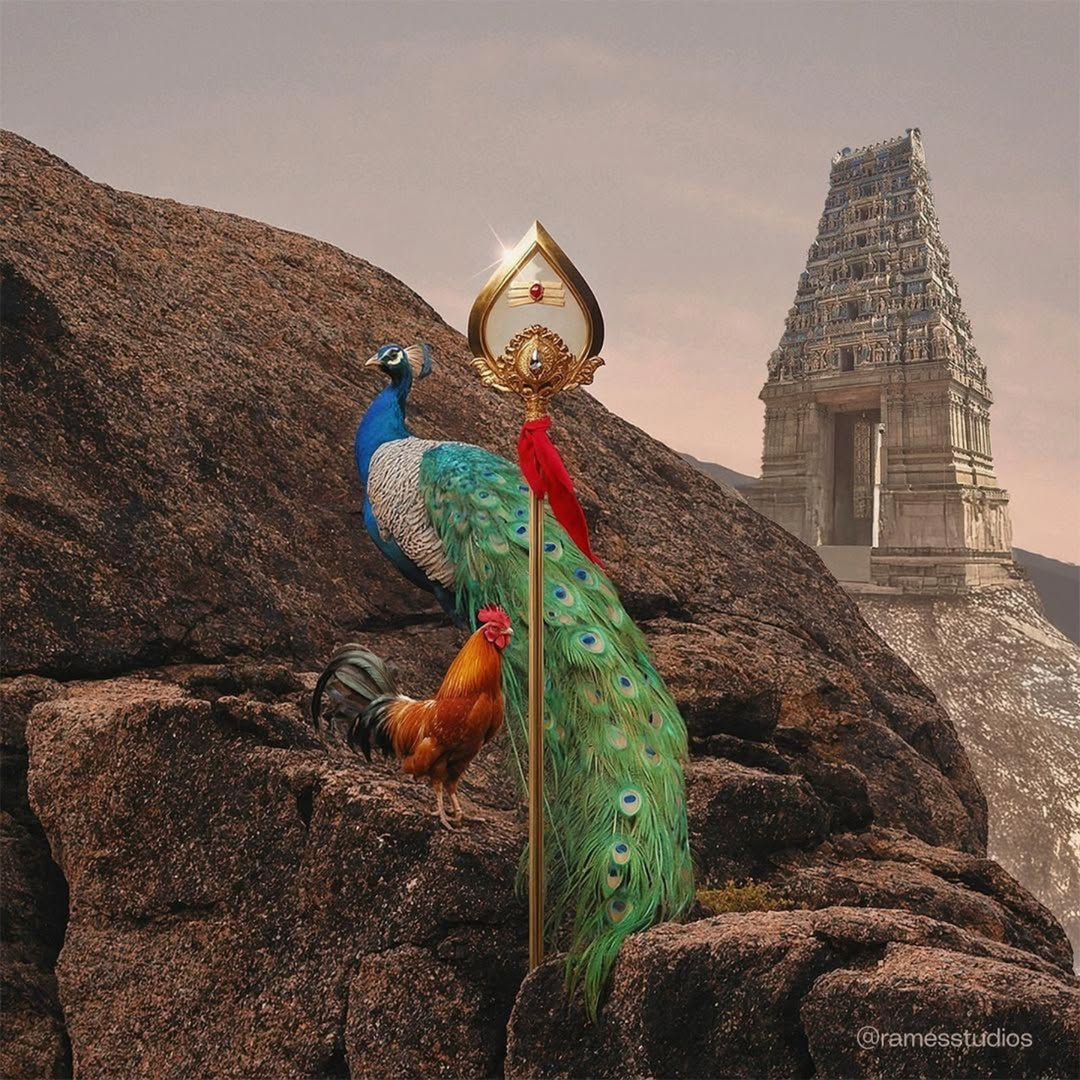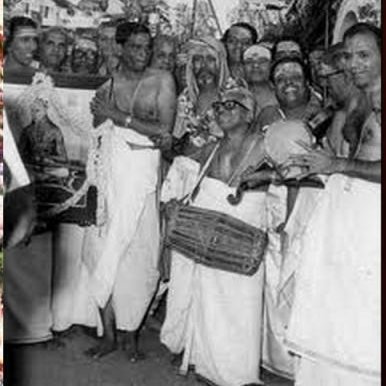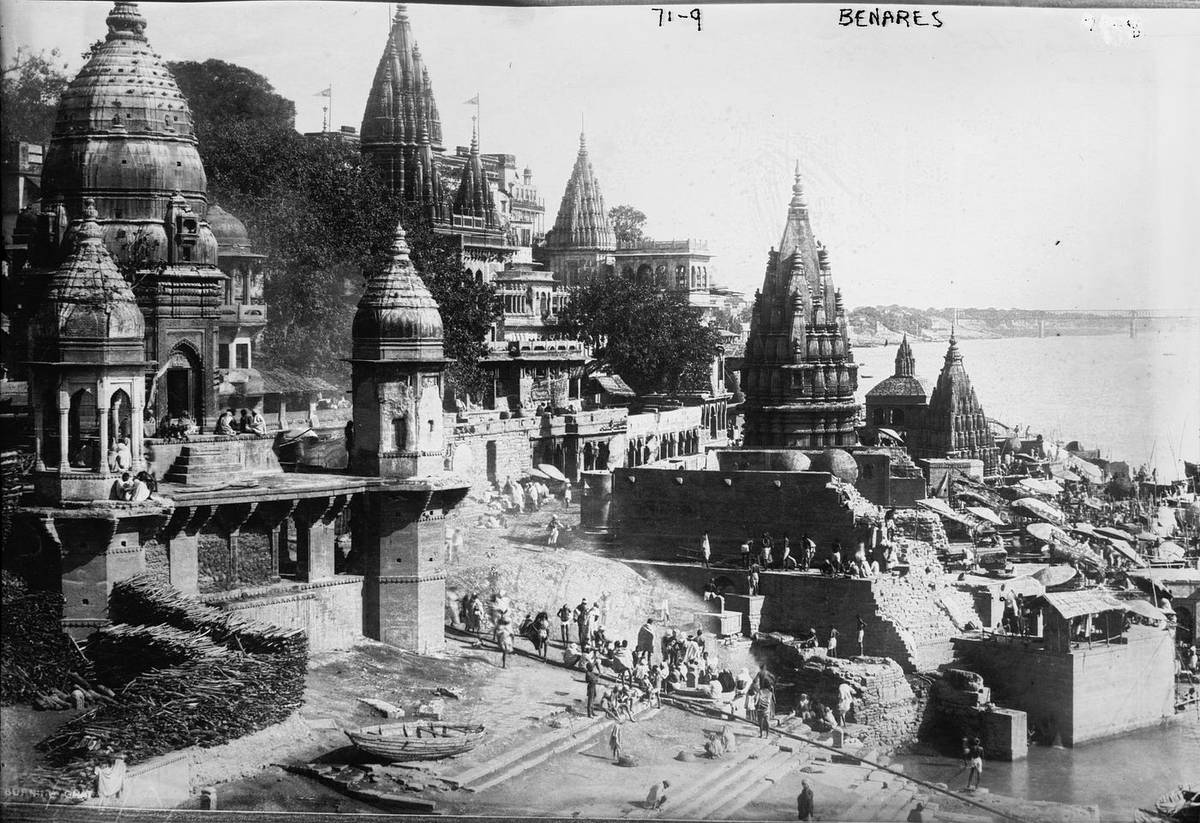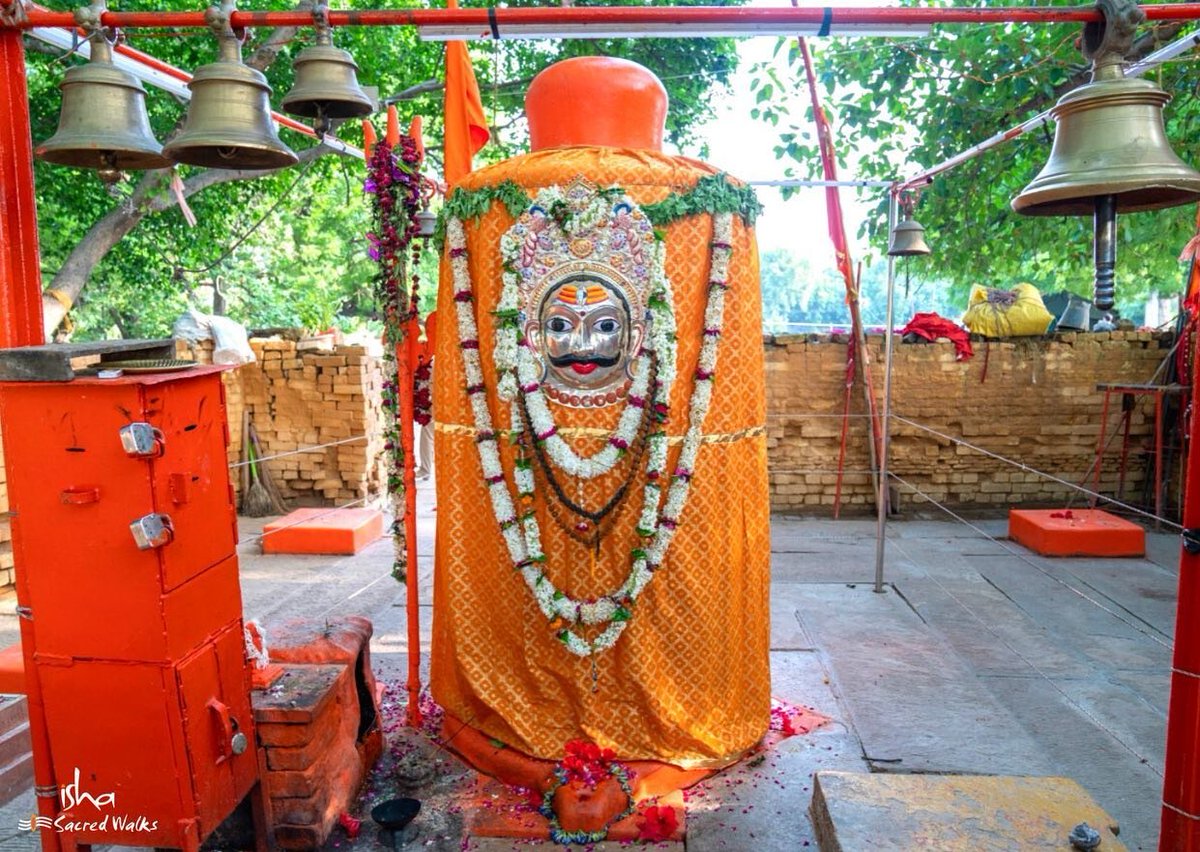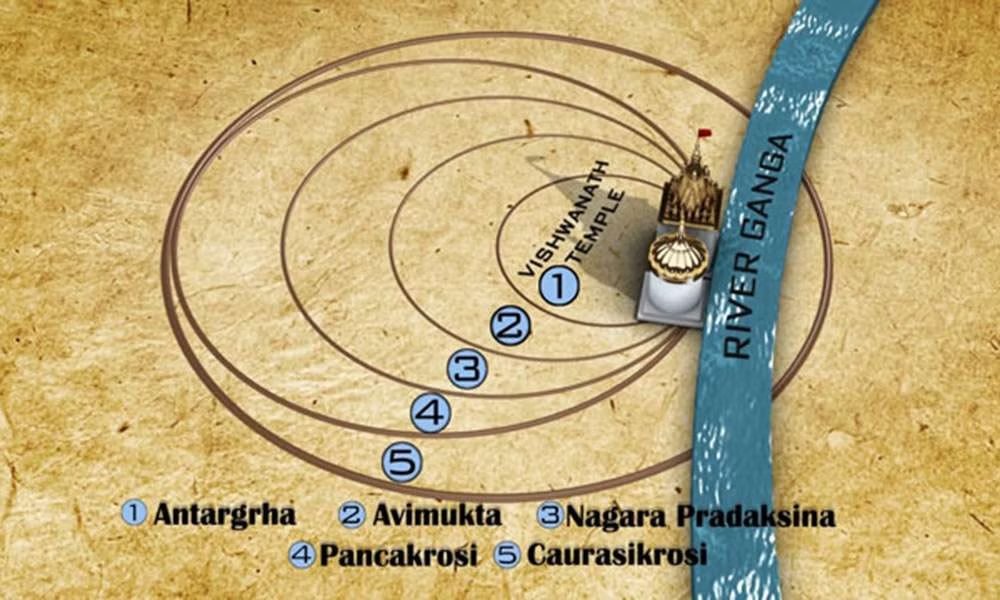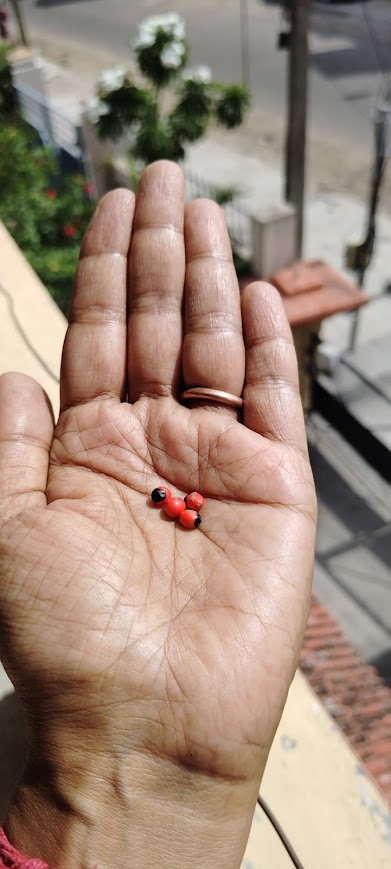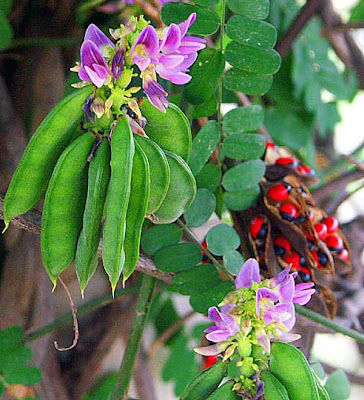In India, Pitru Paksha, or the 'fortnight of the ancestors' is observed as a time and opportunity to express our gratitude to our ancestors. This period is ongoing from Sep 7th till Sep 21st.
But that's not all, there is much more significance to this period! lets explore.
1/
But that's not all, there is much more significance to this period! lets explore.
1/
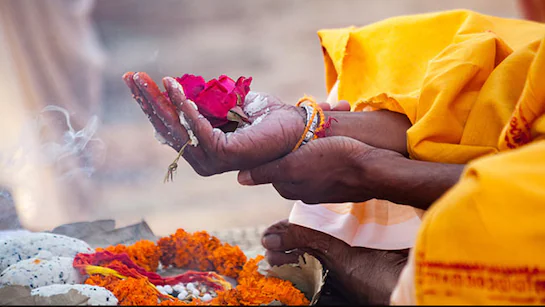
We are close to the autumnal equinox, and this is the time of the year when the feminine quality of our planet is more enhanced. And it is seen as a time when our respects, regards and obeisance be paid to our ancestors.
What is the significance of ancestors? They’re dead, why should you bother about them? The people that we refer to as your ancestors, they may not necessarily be wandering around, hanging on to the trees, but they’re very much living within you!
2/
What is the significance of ancestors? They’re dead, why should you bother about them? The people that we refer to as your ancestors, they may not necessarily be wandering around, hanging on to the trees, but they’re very much living within you!
2/
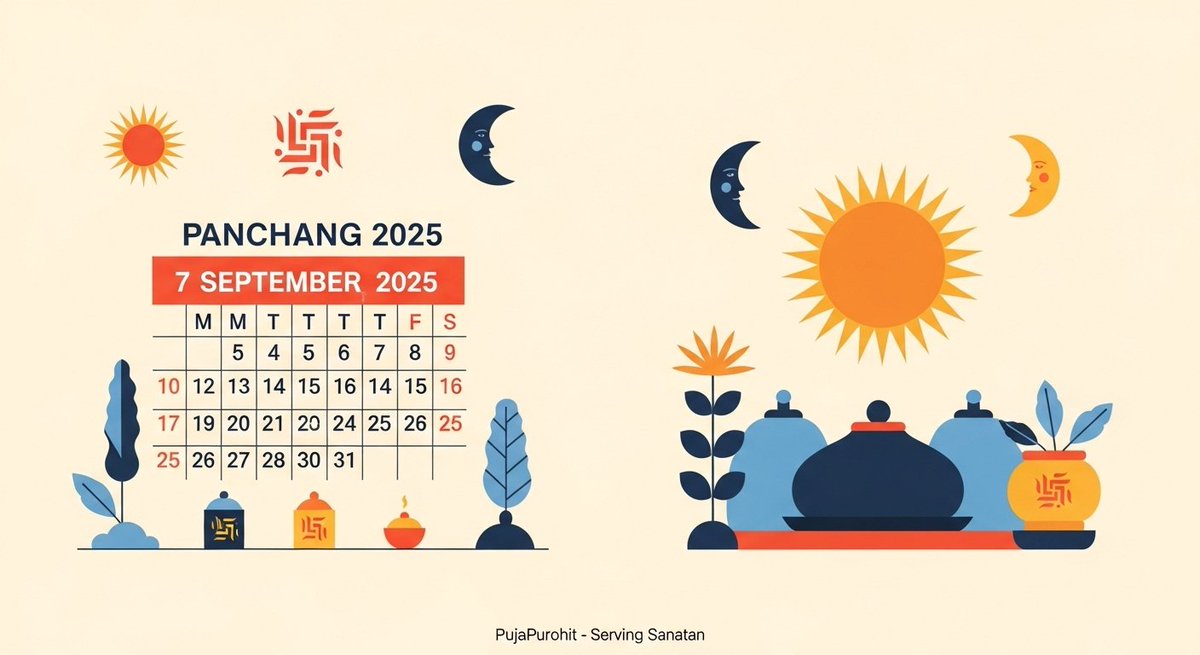
How much of ancestry stays alive within you, on one level, it enriches your life, on another level, it enslaves your life!
We are who we are only because of our forefathers. What they learnt, what they knew, their skills, their technologies, their sense of life, we have imbibed all of it, knowingly or unknowingly, every one of us. At the same time, if we let them live too strong within, you won’t have a life of your own.
3/
We are who we are only because of our forefathers. What they learnt, what they knew, their skills, their technologies, their sense of life, we have imbibed all of it, knowingly or unknowingly, every one of us. At the same time, if we let them live too strong within, you won’t have a life of your own.
3/
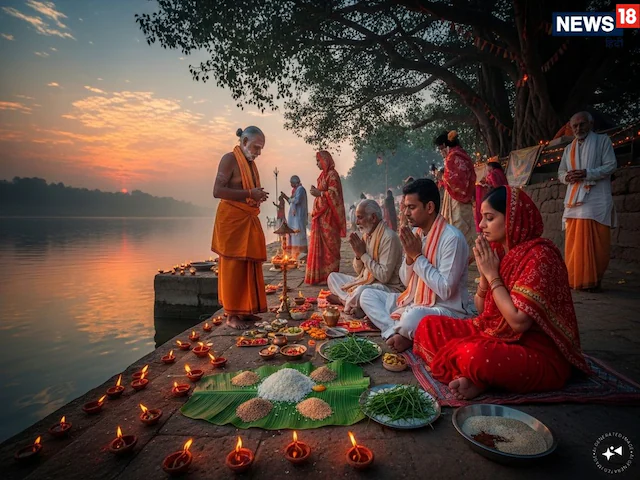
Do not underestimate the dead, they will try to live through you. This is why so much care was taken, not in any one culture, across cultures everywhere in the world, certain things were done when people died, so that they don’t try to live through you too strongly.
Because, if they live through you too strongly, your life is wasted. That is, you will not be a fresh life. You will be sort of a carbon copy of an old life – the very way you sit and stand.
4/
Because, if they live through you too strongly, your life is wasted. That is, you will not be a fresh life. You will be sort of a carbon copy of an old life – the very way you sit and stand.
4/
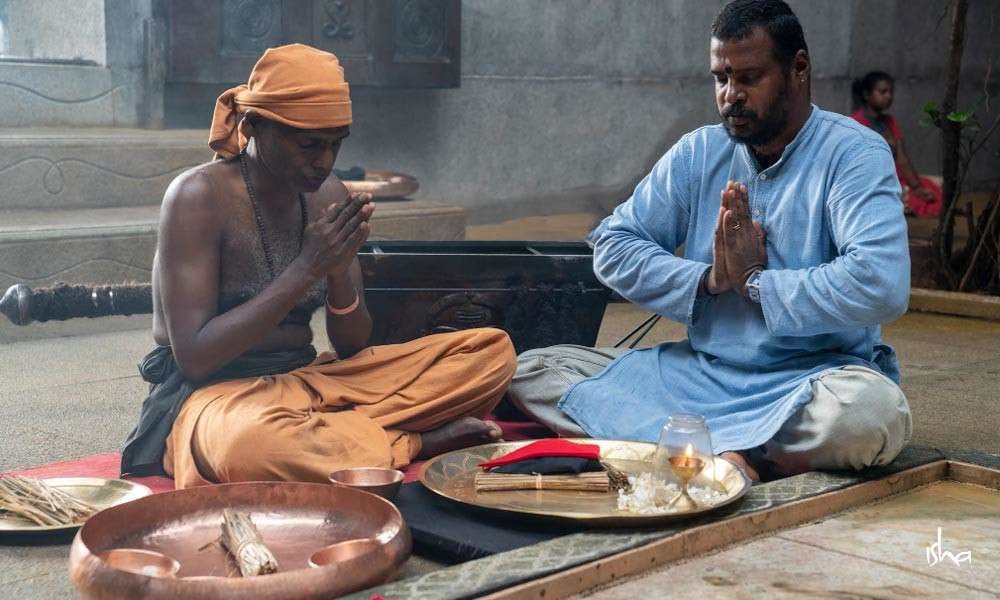
So every culture always took care to distance themselves from the dead in so many different ways. In India, we developed elaborate methodologies, chose times when we can do maximum in this direction, so that year-on-year we create more and more distance.
So, this is a time of the year, which was called, which is referred to as the Pitru Paksha – that means, this is the time to attend to your ancestors.
5/
So, this is a time of the year, which was called, which is referred to as the Pitru Paksha – that means, this is the time to attend to your ancestors.
5/
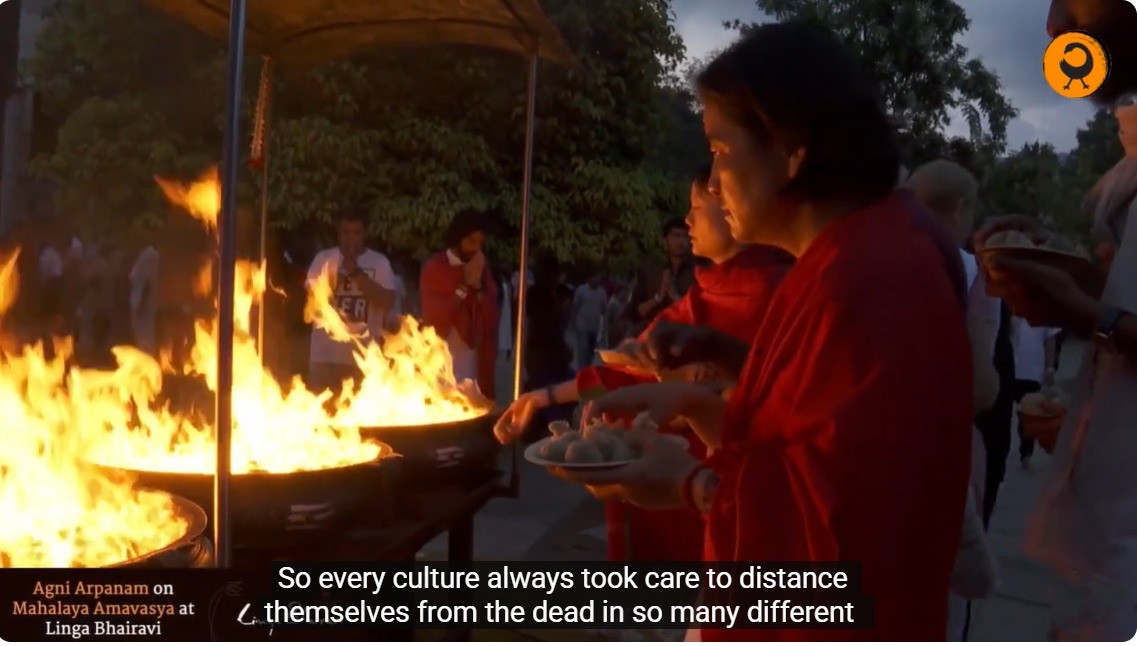
You may know them, you may not know them. Up to 12 generations of people are usually attended to, so that they don’t try to live through you. You distance yourself genetically from them, so that this life operates and organizes itself as a fresh life, as a new possibility, that it doesn’t become a repetition of the past.
6/
6/

So, whatever learnings they had, 7-12 generations ago, if it plays out too strongly, you will become irrelevant to today’s life. So, this complex web of information, which we are today calling as genetic information, karmic information, pranic information, various kinds of things which have built up as a network of information, which is functioning in our lives in so many different ways.
7/
7/
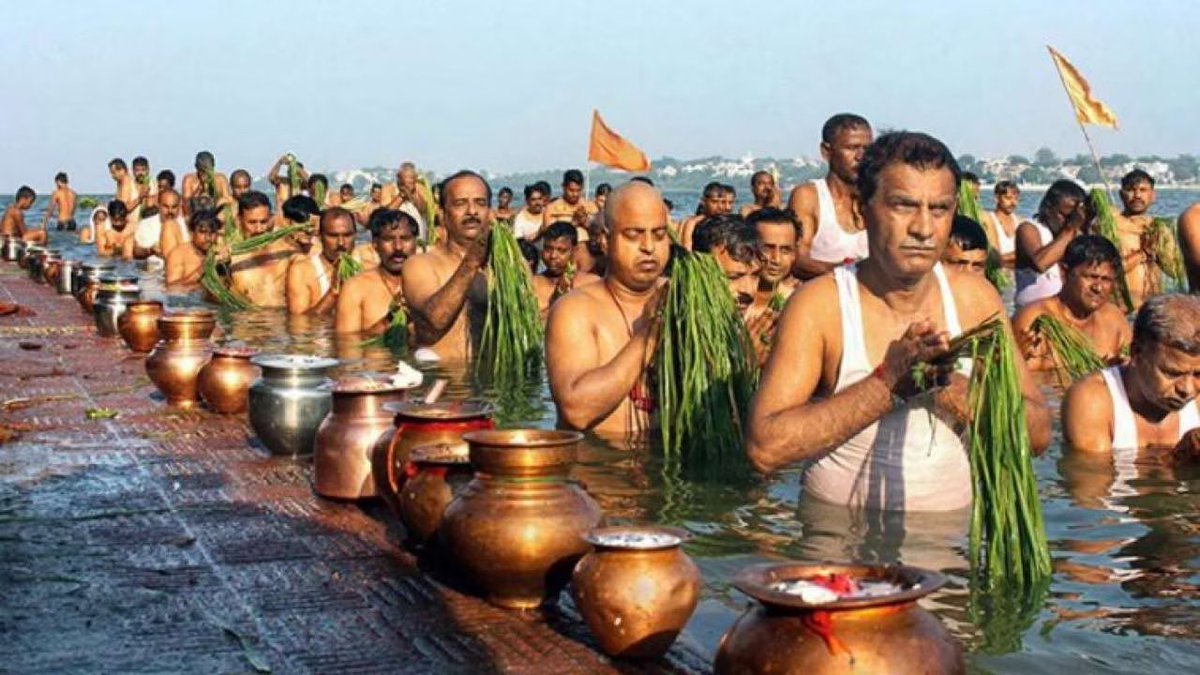
So this is the time of the year where, even if we have not done something in the past, everybody makes an attempt to deal with the ancestral dead, so that their influence is limited in our lives.
We appreciate who they were, we appreciate their contributions. We have this kind of body, this kind of brain, this kind of learning, this kind of whatever – in all that they have a role, we appreciate that. At the same time, we want them to stand little away from us, so that we can live our own lives.
Sadhguru.
8/
We appreciate who they were, we appreciate their contributions. We have this kind of body, this kind of brain, this kind of learning, this kind of whatever – in all that they have a role, we appreciate that. At the same time, we want them to stand little away from us, so that we can live our own lives.
Sadhguru.
8/

This is important, otherwise their influence will be very, very strong. So Mahalaya Amavasya is that day!
Traditionally, the male head of the family (the eldest son) conducts Shraddha rites for paternal ancestors by doing the following
1. Pinda-dāna (offering the rice balls)
2. Tarpana (water oblation)
3. Feeding & Anna-dāna (feeding the living)
4. Dakṣiṇa and charitable giving
Ours is a culture blended with both science and things much beyond reasoning!
9/9
Traditionally, the male head of the family (the eldest son) conducts Shraddha rites for paternal ancestors by doing the following
1. Pinda-dāna (offering the rice balls)
2. Tarpana (water oblation)
3. Feeding & Anna-dāna (feeding the living)
4. Dakṣiṇa and charitable giving
Ours is a culture blended with both science and things much beyond reasoning!
9/9
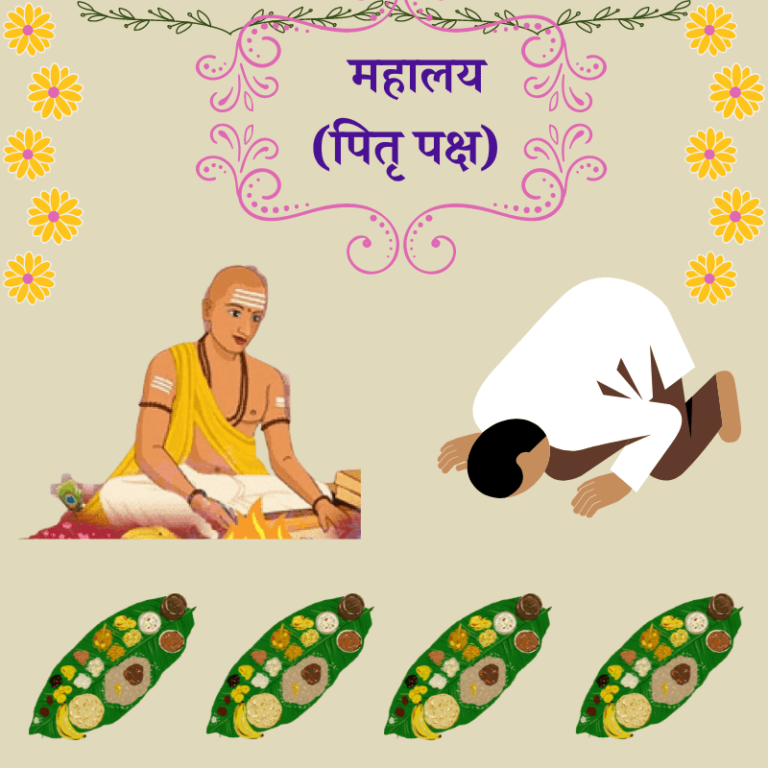
• • •
Missing some Tweet in this thread? You can try to
force a refresh


